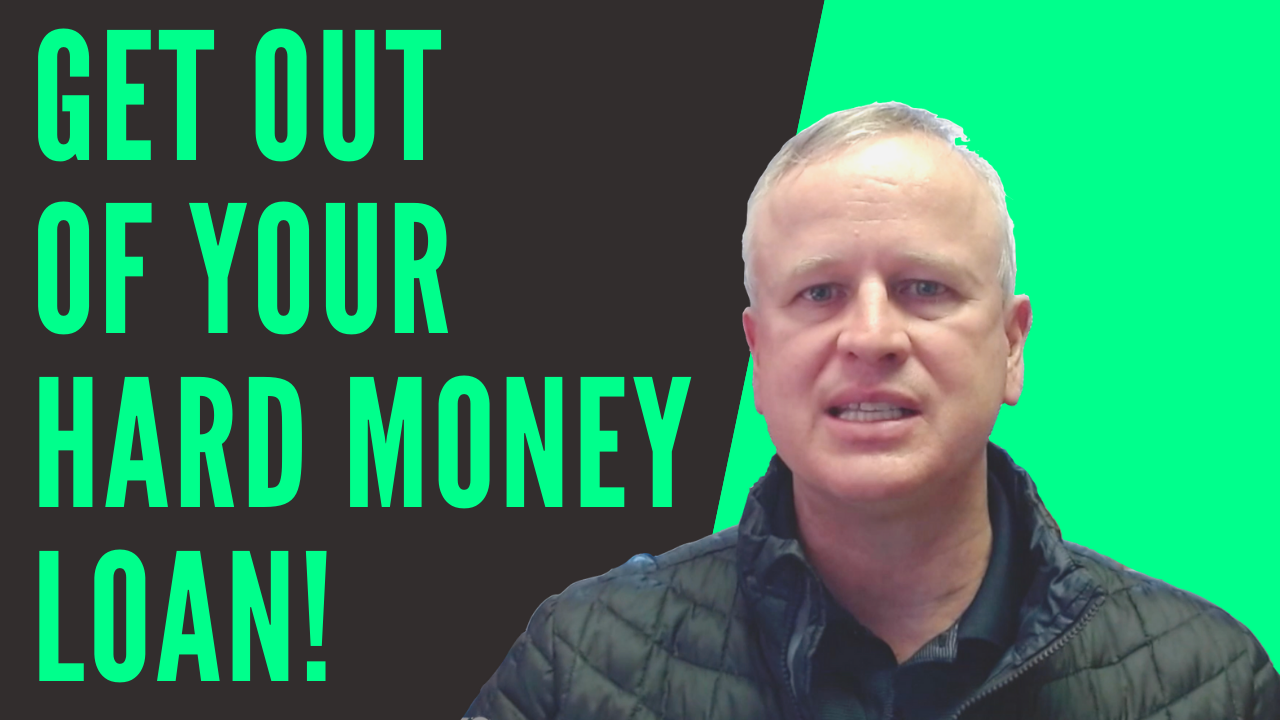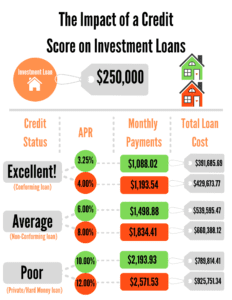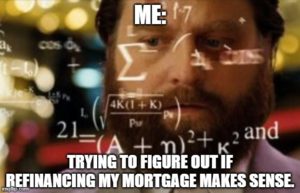How To Buy 3 New Rental Properties This Year
How does buying 3 new rental properties in 2021 sound? Whether you’re just starting out in real estate investing, or you’ve been around the block a few times, this is an achievable goal.
Really!
It all starts with 3 key steps.
Step 1: Buy discounted properties.
Sure, you can try and find properties on the MLS, but you’ll have way more luck finding discounted properties through wholesalers.
Step 2: Buy FAST with a hard money loan.
Hard money is great because it doesn’t have the same timeline as conventional and other traditional loans. With hard money, you can close within days, not weeks or months.
And if you’re buying discounted properties from wholesalers, closing fast is essential. Because wholesalers have strict deadlines. Very strict. So, if you can’t close within a couple of weeks, then you might as well say bye-bye to those cash-flowing, value-add properties.
But we get it. Hard money is expensive. That’s why step 3 is so important.
Step 3: Refinance FAST out of a hard money loan into a long-term loan.
Like we said before, staying in a hard money loan too long can be pricey. So, the sooner you can refinance out of it, the better for you and your bank account.
Now, some of you might be thinking, “I can’t refinance into a long-term loan. The banks don’t like me.”
Well, here’s the truth: You have HUNDREDS of options when it comes to refinancing. Forget squeezing yourself inside a bank’s itty-bitty box of requirements. You can explore all sorts of options to ensure you’re able to buy a property fast with hard money, and then refinance fast with a long-term loan.
The key to all of this is working with the right lenders. Ones who know how to handle both hard money AND long-term loans.
Like us!
We’re able to help you buy fast through our company Hard Money Mike. Then we’re able to help you refinance into a long-term loan with our new sister company, The Cash Flow Company.
Our unique, efficient, two-step approach to lending is critical to tripling your properties…and tripling your cash flow.
Remember, it’s all about:
- Buying discounted properties.
- Buying fast with a hard money loan.
- Refinancing fast into a long-term loan.
Ready to buy 3 new rental properties this year? Let’s talk!
Happy investing.















